Want your garden to produce more crops and vegetables? These 5 Easy Fixes for when your plants aren't producing crops will help your garden grow and are easy enough for beginners.
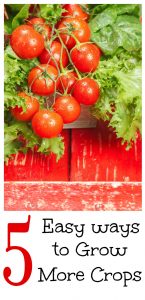
Today on The Gracious Wife, we have a lovely guest writer! Ali, from Homey Improvements, will be sharing with you some super simple ideas to help you get more from your garden. Be sure to check the bottom of the post to find out more about Ali.
5 Easy Fixes for When Your Plants Aren’t Producing Crops
Super excited to be sharing a few of my tips on gardening with you today! I would love to connect with you on Twitter or Facebook to chat about your home and garden!
Summertime! This is a great time of year, especially if you’re taking a stab at gardening. Of course, not all of us are born with a green thumb. I actually have never seen a green thumb, but it doesn’t sound healthy, does it? Anyway, if you don’t have a green thumb, don’t fret. There’s a learning curve with gardening, just like with everything else.
If you’re like me, you probably stuck some plants and seeds in the ground and waited to see what happened.
Did it work well for you? No? Yeah, it didn’t work out for me when I first started, either. Fortunately, many newbie mistakes are easy fixes. Check out five ways you can move beyond the novice gardener:
1. Soil Not Up to Snuff? If you’re planting your own garden, and you’ve decided to skip the fertilizer, you won’t see much in the way of produce. Lucky for you, though, you can still fix it! There are many ways to add organic fertilizers to your garden, and they don’t even involve poop collection! It’s just leftovers from your kitchen.
Your daily coffee habit can benefit your garden, in addition to everyone around you. Coffee is great because it’s full of nitrogen, which plants like corn and tomatoes love. You can also stick some old dried eggshells in a blender, too. Don’t just drop it on top of the soil, though — actually mix it in. After all, roots don’t grow up, and the coffee grounds and egg shells can wick moisture out of the soil.
2. Pesky Pests - It could also be that your plants are producing some crops, but other, hungrier critters are getting to the harvest before you do. These pests can be anything like bugs, grubs, worms, birds, rabbits and even deer! You’ll notice deer, though. They just completely destroy your garden. Not cool, Bambi.
Bugs are usually the biggest problem, and neem oil works great as an insecticide. It’s a natural alternative that is totally harmless to people, bees, fish, birds and other wildlife. The only downside is that you have to reapply it fairly often, especially after rain. However, it will keep bugs from eating your plants, so it’s worth it.
As for keeping rabbits and deer out, you may be looking at netting. It’s a little bit of a hassle, but deer are tenacious, so if they’re the problem, you’ve got to go all out. Sorry.
3. Where'd All the Bugs Go? Now, you don’t want the wrong bugs in your garden, but you do need some. Specifically, bees, butterflies and anything that will help pollinate without eating your plants. Making your garden a bee-friendly area isn’t nearly as hard as it sounds — just include some of their favorite plants. Butterfly bushes and bee balm are two pretty perennials that’ll bring them in. Plus, they’re perennials, so you only have to plant them once.
However, some people are dealing with not enough bees in the area, or an actual decrease in bee populations. If that’s the case, you may need to do some pollinating yourself, especially for plants like tomatoes and zucchini. Remember, they’ll flower, but they won’t fruit without the pollinators! There are 2 ways to do it. First, you can use a paint brush to collect pollen from one flower and swab it onto the others. This works well for zucchini.
Tomatoes, however, are self-pollinating. That means, all you have to do is shake things up a bit. Literally. Grab an electric toothbrush, turn it on, and hold it on whichever stem has flowers. The vibration will get the pollination done for you!
4. Shouldn't have planted that. Ever heard of companion planting? The reverse of that is, well, let’s call it Frenemy Planting (that’s a new term, so use it with your friends to sound awesome). It’s pretty much when you accidentally plant things together that you probably shouldn’t have. It can mean that the plant roots will compete for nutrients, or they’ll attract the same sorts of pests, or that one will just crowd out the other and become King of the Patch. Either way, the most likely scenario is that both plants won’t produce as much as you’d like
This can be a little tricky to work with, but there are still solutions! Your first step should be to try and add some space. If you can pull a few plants out and still have a decent crop, do it! Competing plants need nutrients, so let them have it. Pull out what you can. Add in all the fertilizer you can manage, and water them thoroughly. You’ll also want to keep weeds out — the plants you want are already competing against each other, so no reason to let a 3rd player into the game.
Another option is to plant a barrier plant between the two frenemies if you have enough room. This works best with herbs. Basil between tomatoes and fennel will help to reduce the competition and improve the flavor. Look into companion planting for other solutions.
5. Late to the Starting Gate. The most common mistake new gardeners make (myself included) is not planting at the right time. This muddles up your harvest, and it can cause your plants to not grow like they should. Most of the time, this also means that either your plants won’t grow enough to produce fruit, or it’ll get too hot before they can.
Solution? Follow directions and plant when the package says to. If you didn’t do that already, prepare for a late harvest! If you planted late, try and offer your plants some shade and extra water to get them through the heat. Most of the time they’ll love the sun, and extra water will mostly do the trick.
If you planted too early, you may actually need to give it another go. Just rip those old babies out and start fresh. I know it’s disappointing, but it’s also pretty easy to tell if you need to go this route. If your plants haven’t grown in a month, they probably aren’t going to. Make sure to read the directions next year!
Try these tips, and you may have a better shot at having a healthy garden — even if you don’t have a green thumb.
Photo credits: Ali Lawrence and DollarPhotoClub.com
Never Miss a Thing!
Join our newsletter to get new recipes, tips, tricks, and tutorials every week!

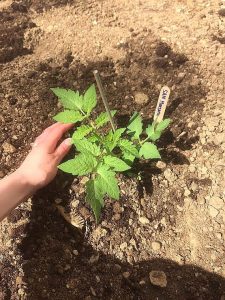
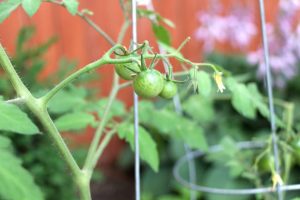
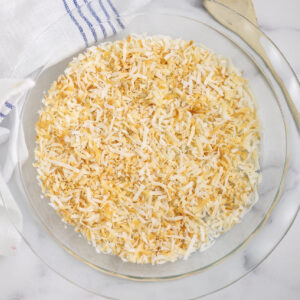

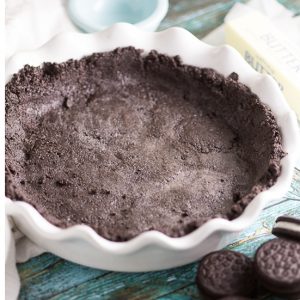
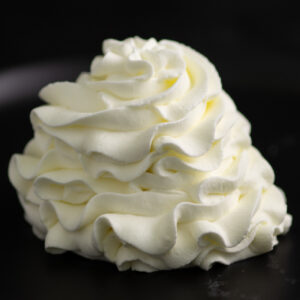
Julie @ Logger's Wife says
I hadn't heard that about coffee and tomatoes. Thanks for the tip! (visiting from Good Tips Tuesday)
Ali Lawrence says
Hi Julie!! Glad I could share a new tip with you! You would be amazed at what you can compost to keep your garden growing.
Brandi Clevinger says
I have all the wrong pests. Thanks for the tips to get the good bugs in there!
Judith says
I've given up on plants when they failed to produce anything. Next time I will try these tweaks and stick with it. Pinning for later! Thanks for sharing!!
Gina Marie says
These are some great tips! I need all the tips I can get for my garden! Dropping in from Get Your Shine On linky party, so happy I click your link! I hope you have an awesome weekend!
Gina Marie from Always Savory
Mary Gilbert says
Great info! Thanks for posting on Get Your Shine On
Kristina & Millie says
my garden didn't do well this year so I really need to brush up on the basics. Thanks for sharing these tips with us!
Kathy says
We chose to buy small plants last year and put them in pots. Did tomatoes, cucumbers and peppers. Bought the empty pots at the nursery. Nothing fancy, just the black pots that plants come in. I think they were about $3 each. Will do more tomatoes this coming year.